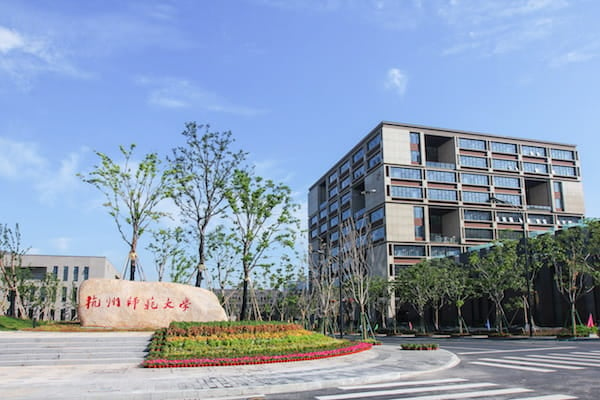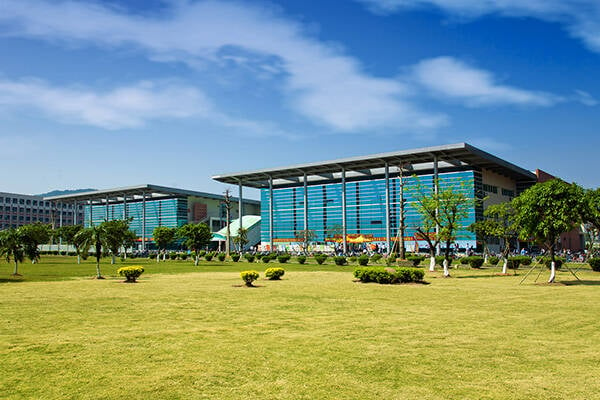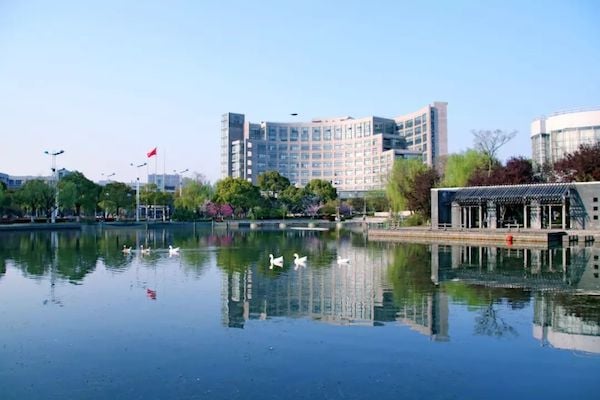Jianghan University
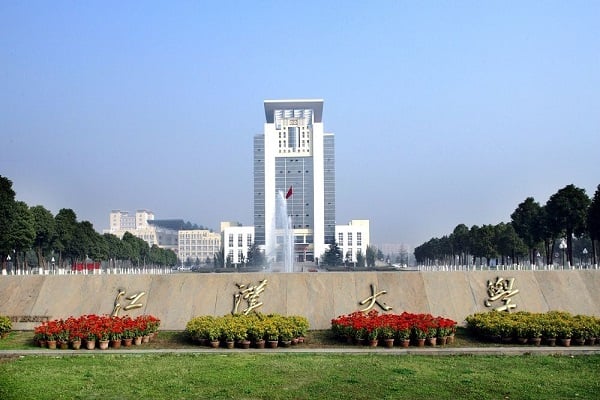 |
 |
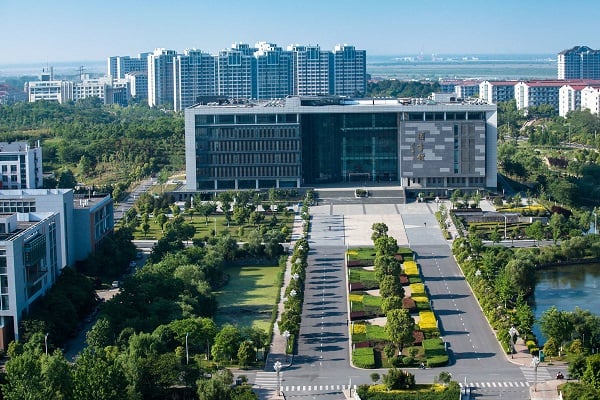 |
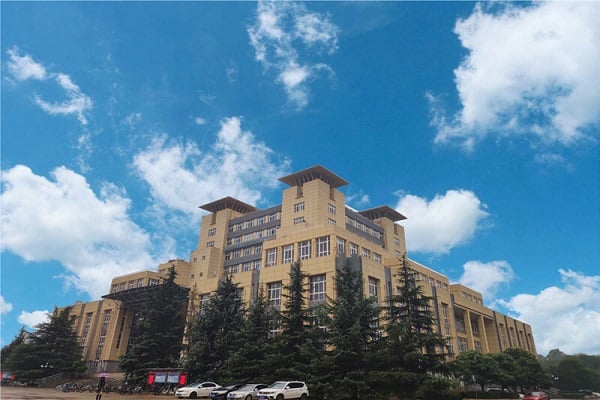 |
 Photos Photos |
Introduction to Jianghan University
Jianghan University (JHUN, 江汉大学, website) is a public multidisciplinary university in Wuhan, the capital city of Hubei Province. It is co-built by the municipal and provincial governments but mainly endorsed by the former one. The university occupies approximately 141 hectares (2114 mu) and its buildings have a gross floor area of 586,000 square meters, with its main campus located by Sanjiao Lake in Wuhan Economic and Technological Development Zone (WEDZ).
The university boasts 21 schools and offers approximately 71 undergraduate programs and 39 graduate programs across 11 disciplines including economics, law, education science, literature, history, science, engineering, agronomy, medicine, management science and arts. Of these disciplines, three are first-level disciplines for master’s degree, three are provincial-level key disciplines and two are provincial-level fostering key disciplines. Four disciplines are granted to confer professional master’s degree. There are also one provincial innovation base for graduate education, two state-level featured undergraduate programs, two provincial-level flagship undergraduate programs. There are 16 provincial-level top-grade courses and three provincial-level “best teaching teams”. Further, there is one undergraduate program of state-level and five of provincial-level comprehensive reform project, nine undergraduate programs of provincial-level strategic emerging (or pillar) industry talents cultivation project, and three of provincial-level Hubei Outstanding Talent education programs.
Available to faculties and students are RMB 360 million’s worth of equipment and instruments and a library’s collection of over 2.21 million books of various kinds, 2,168 types of papers and journals and 156 major databases of publications in Chinese and other languages, approximately 223,000 c-books and more than 69,000 c-journals.
Jianghan University also has 56 research institutes including Institute of Environment and Health, Interdisciplinary Sciences Institute, Wuhan Institute of Biomedical Sciences, Institute of Wuhan Studies and 13 provincial-level or ministerial-level research platforms including the Key Laboratory of Optoelectrochemical Materials and Devices sponsored by Ministry of Education. During the 12th Five-year Plan period, the university conducted 68 projects supported by National Social Science Foundation and other 2,280 various research projects, with a total funding of RMB 390 million. The university has also participated in three projects related to 863 Program and boasts its faculty’s publication of 6,708 research papers, of which 1,181 have been indexed by SCI, SSCI, El, ISTP, and 329 books and textbooks. There is a series of 78 prizes awarded for its research work, including provincial-level Science and Technology Progress Award, Award for Outstanding Achievements in Humanities and Social Sciences by the Ministry of Education and provincial Award for Outstanding Achievements in Humanities and Social Sciences. Its intellectual property portfolios include 782 issued patents among which 98 are patents for invention. The Journal of Jianghan University has been ranked as one of the top-30 university journals of humanities and social science in China.
Jianghan University has affached great importance to its teaching and research. Of all its 169 hill-time and part-time professors and scholars from both home and abroad, two are dual-employed academicians of the Chinese Academy of Science, one professor awarded the title of Changjiang Scholars under the Changjiang Scholars Program, one professor selected in Hubei “One Hundred Talent Program”, 19 Chutian Scholars and a batch of other high-level scholars who enjoy special government allowance granted by State Council, provincial or municipal government, or are selected in provincial-level or municipal-level talent programs. Its full-time teaching staff reaches 1105 in number including 152 professors and 393 associate professors.
The open JHUN values international communication and cooperation, and has established stable links of academic exchange and cooperation with over ten universities and research institutes abroad. The university takes undergraduate education as its major mission, and also furthers graduate education as well as vocational and continuous trainings. By training students to become talents with higher competence, innovation, creativity and international view, JHUN is holding an ultimate vision to become a regional high-level multidisciplinary university with distinctiveness and with sound reputation in China, and to match the city’s rapid social and economic development.
?
Teaching Program
![]() ISAC University Teaching Program
ISAC University Teaching Program
?
Foreign Teachers in China

